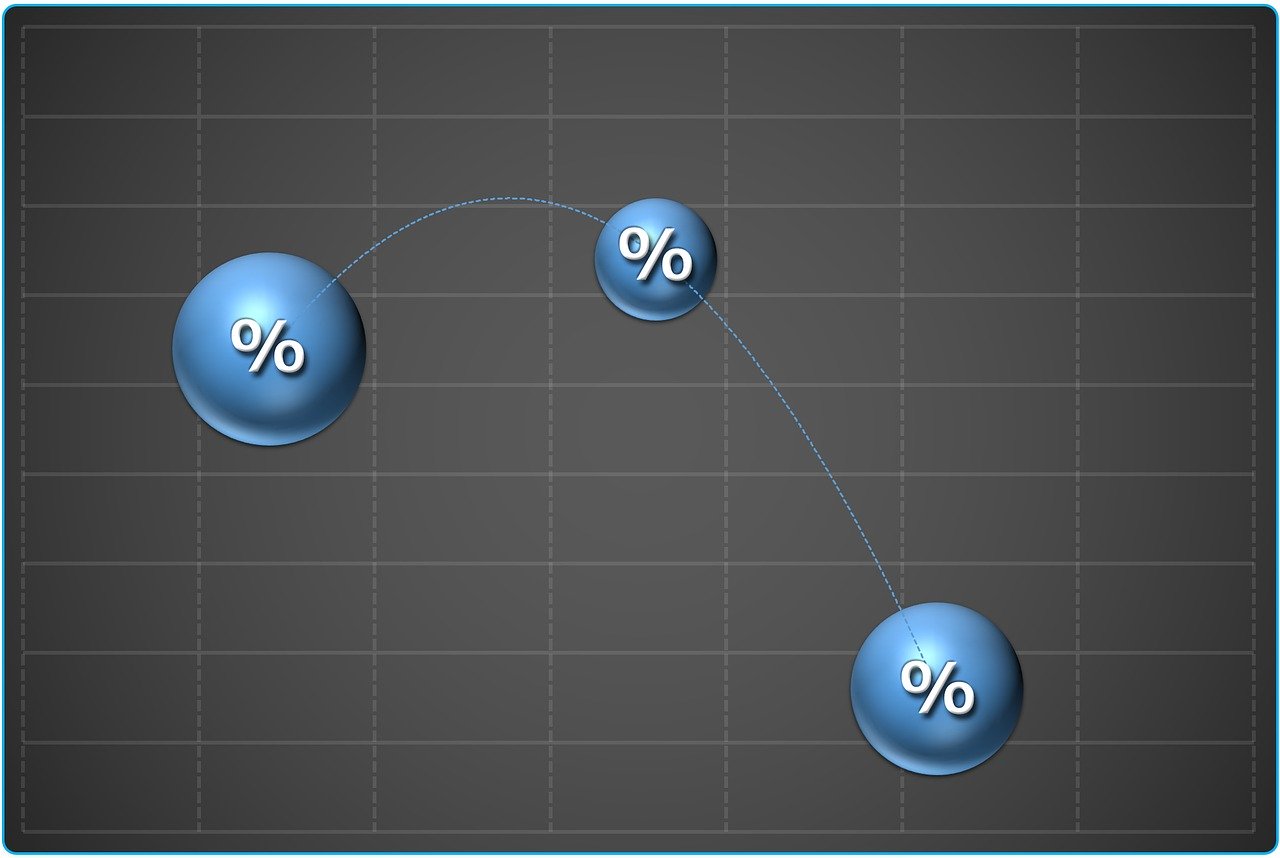|
Check out our new audio content!
Getting your Trinity Audio player ready...
|
By Fuquan Bilal
Whether you believe we are already in a correction or not, here’s the one thing that may really be responsible for tipping the housing market over the edge.
It’s sellers asking too much.
Who’s to Blame for the Housing Crash?
There were lots of people, groups and organizations blamed for the housing bubble and crash in 2006-2008.

At first they tried to blame investors and house flippers. At least until the government needed them to take on all the distressed properties, and actually loosened lending regulations to sell and finance more houses to investors.
Appraisers, too, were blamed for overinflating values, often in collusion with banks. Banks were committing all types of fraud. And then forced insurance and foreclosure fraud really put the icing on the cake.
To top it off, interest rates through 2006 were on the rise, which really stalled the market. Especially in tandem with cutting back on lending and ending easy to get loans. Something which the government has just done again with the FHA, after years of subprime type lending.
All of the things are happening again now. However, probably most significantly of all, is that property owners ran into problems when they owed too much, cash flow started slowing, and people stopped buying because prices just didn’t make sense anymore. The only people they made sense for were speculative flippers, and eventually they hit a ceiling too.
Uninformed & Unrealistic Sellers
All you have to do is hop on to Zillow or Realtor.com for a few minutes, and you’ll see plenty of examples of owners and agents listing for as much as double as the value estimates right alongside their asking prices. Often this is right next to a graph clearly showing a recent steep dive in that property’s value. One property in Florida shows it was recently bought for $21,000, is valued around $70,000, but the seller is asking $124,000 for it. There are plenty of other public listings out there that you can see have been vacant and listed for a year. The sellers have barely budged in lowering their asking prices.

For easy math, take a house that may be worth $100,000, but the seller and realtor have been demanding $120,000. After a year, they finally fold and reduce the price to $100,000. Only now it may only be worth $70,000. So it sits on the market for another year. Finally, out of desperation they lower the price to $70,000, but now no one wants to pay more than $35,000 for it, because of the market and economy. They are completely stuck. They may have put in more than the property is now worth just to hold it all that time. They may owe more than anyone is willing to pay right now. They are financially tapped out and frustrated. It gets foreclosed on, and they lose everything.
There are probably several hundred thousand sellers in this situation right now, at least. Millions if you count all phases of the journey we just outlined.

It could easily be avoided by pricing right. Of course, in a few years this same property will probably be worth $150,000 or more, and could be generating $1,000 a month in rents in the meantime. Most just won’t be able to manage through it though.
So, we’re ending up with a lot of new deal flow coming through. Again, we’ll see local governments and banks flush with distressed mortgage notes and REOs for qualified funds to acquire at discounts. We’re also seeing investors selling off portfolios of hundreds of units to cash out.
It’s a shame that some sellers will have to go through this journey. Yet, there is great opportunity for investors who have the connections to acquire right priced assets and know how to manage them.
Investment Opportunities
Find out more about investing in secured debt and real estate, go to NNG Capital Fund

Fuquan Bilal
Fuquan Bilal founded NNG in 2012 with the principal mission of capitalizing on the growing supply of mortgage notes in the interbank marketplace. Mr .Bilal utilizes his 17 years of residential and commercial real estate success to identify real estate opportunities and capitalize on them. To date, he has successfully managed three private mortgage note funds that primarily invest in singlefamily performing and nonperforming mortgage notes. His financial acumen and proprietary set of investment criteria enable him to purchase underperforming real estate assets at a deep discount of face and market values, thereby increasing the value of the assets. This, coupled with his ability to maximize the use of leverage, enables him to build strong, secured portfolios with solid passive income flows.




















